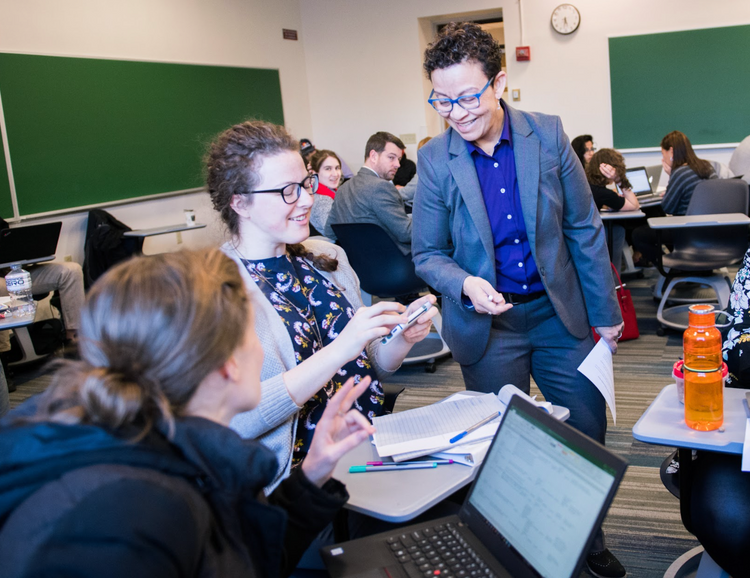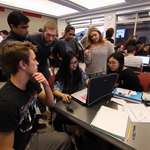The Institute for Excellence in Teaching & Learning provides resources for faculty and academics who are committed to inclusive teaching. Inclusive pedagogy describes educational approaches that engage students in meaningful experiences and in recognition of their diverse backgrounds, abilities and perspectives.
Principles of Inclusion
Inclusive pedagogy is relevant to all disciplines, fields of study and course modalities. While there are various practices related to inclusive pedagogy, there are several principles that foster inclusive learning, including:


Inclusive Pedagogy Symposium
The Institute for Excellence in Teaching & Learning launched a new “Insights in Action” series in early May which featured a day-long symposium on Inclusive Pedagogy. Click below to view a few of the resources faculty presented at the symposium.
When faculty and learners embrace inclusivity as an asset, we create inclusive environments that foster a deeper understanding of the ideas and skills at the heart of a course.





